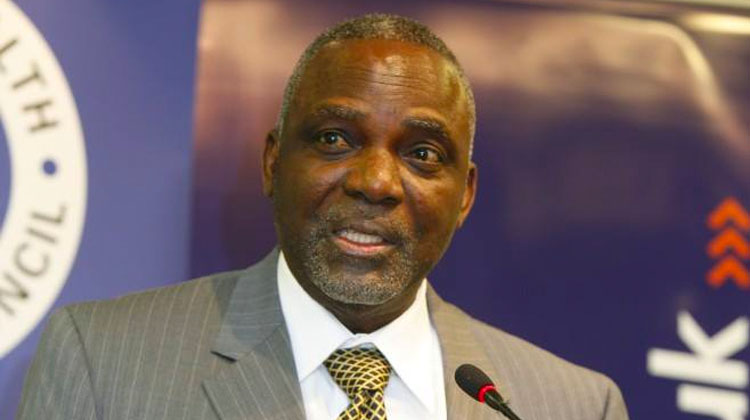Barth Nnaji, former Minister of Power and Chairman of Geometric Power Limited, has emphasized that Nigeria needs to generate and deliver at least 100,000 megawatts (MW) of electricity to meet the nation’s industrial and population-driven energy demands.
In a recent appearance on Arise TV’s Morning Show, Nnaji described Nigeria’s current electricity generation and transmission capabilities as critically inadequate. He warned that the country cannot achieve lasting economic growth or reliable energy access for its over 200 million people without a dramatic scale-up in power infrastructure.
“At present, our transmission systems are incapable of distributing the volume of electricity the country needs. We must ensure that 100,000MW of power is not only installed but actively delivered and available across the country,” he stressed.
He pointed out that Nigeria’s grid struggles with less than 5,000MW of available electricity, despite having an installed capacity of around 13,000MW. In comparison, countries like South Africa, Brazil, and India are far ahead, with capacities exceeding 58,000MW, 180,000MW, and 400,000MW respectively—despite smaller or comparable populations.
Gaps in Execution and Infrastructure
Discussing the Federal Government’s new National Integrated Electricity Policy, Nnaji acknowledged its potential but warned that without decisive execution and proper funding, the policy may fall short of expectations.
“To bring this policy to life, we must scale up electricity generation, overhaul our outdated transmission grid, and introduce tariffs that reflect the true cost of power,” he said.
He criticized the long-standing subsidy structure in the electricity sector, highlighting that it has left the government with a debt burden exceeding ₦4 trillion.
“Electricity must be paid for. It doesn’t come free anywhere in the world. However, it must be priced fairly. When distribution companies can’t recover their operational costs, and the government continues to fill the gap, it becomes unsustainable,” Nnaji warned.
Concerns Over Solar Import Ban
Nnaji also weighed in on the proposed ban on solar panel imports. While he supports the promotion of local manufacturing, he expressed skepticism about whether Nigeria currently has the production capacity to meet local demand.
“It’s commendable to want to produce what we consume, but do we yet have the means to manufacture solar panels at scale? I doubt it,” he stated.
He warned that an abrupt import ban could lead to scarcity and inflated prices, urging a more gradual and supportive approach to fostering local solar panel production.
“This kind of policy might attract investments in local manufacturing, but enforcing it without preparation could backfire,” Nnaji added.
A Balanced Path: Gas and Renewables
Nnaji cautioned against seeing renewable energy as an instant fix to Nigeria’s power woes. Instead, he proposed a more balanced, phased strategy that makes use of Nigeria’s vast natural gas reserves alongside renewable development.
“Renewables will not immediately solve our power problems. For now, our best bet is to tap into our abundant gas resources while steadily expanding solar and other renewable options,” he explained.
He advocated for increased investment in gas-powered plants and urged the government to prioritize gas as a transitional energy source while building out renewable infrastructure.
Urgency for Reform
As Nigeria struggles with persistent electricity shortages that stifle business growth, deter investment, and limit job creation, Nnaji called on the government to act swiftly and strategically.
“Power is the engine of economic growth. Without it, our aspirations for industrialisation and prosperity will remain out of reach,” he concluded.

